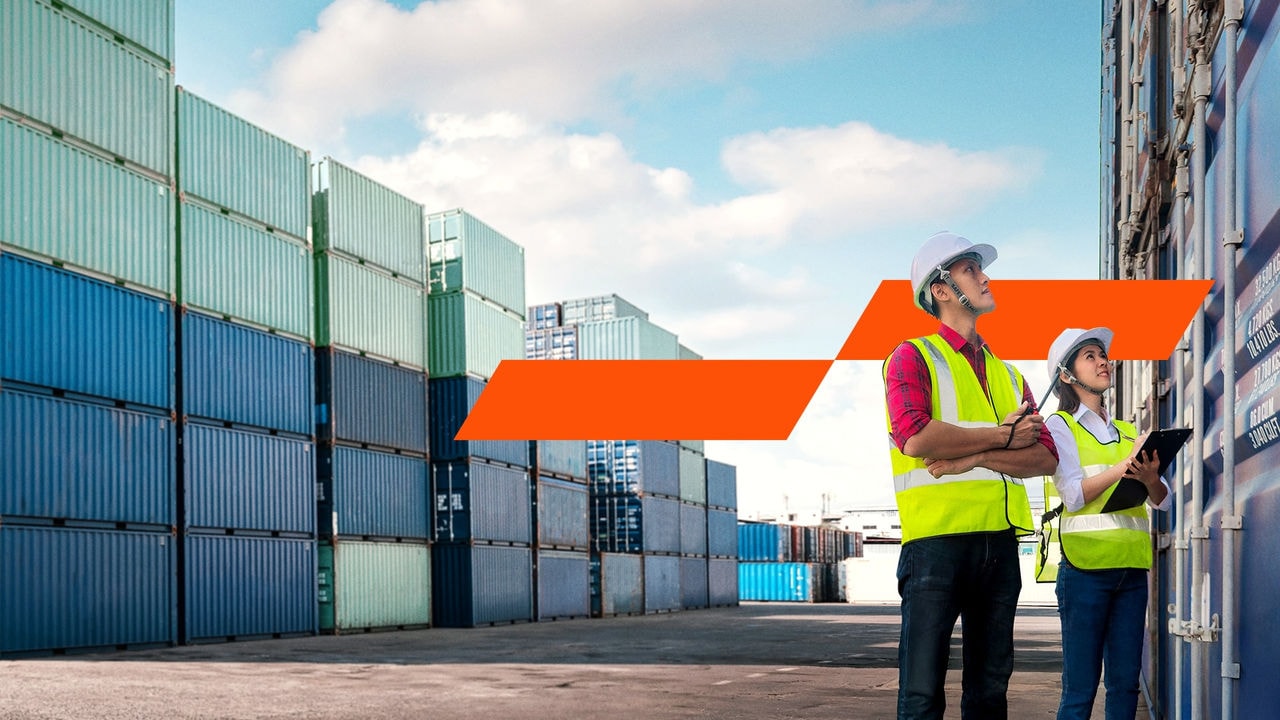Intelligent logistics so you can keep the world moving
Transportation and logistics

Fissures that appeared in supply chains during the pandemic have become cracks in global trade as a new era of uncertainty takes hold. But transportation and logistics companies are adapting to this fast-changing world. Finding smarter ways to transport products to the end consumer.
It is becoming more challenging to navigate the world’s trade routes. And moving goods and raw materials presents added costs and complexities. Meaning businesses need sharper capabilities to keep up.

How we can help
Through our global footprint, we have gained deep experience in managing cross-border issues. Helping international organisations overcome barriers. Driving innovation in transportation and logistics through our PwC Central and Eastern Europe (CEE) Center of Excellence in Drone and Geospatial Technologies. And rethinking mobility through services and tools—like our PwC CEE Smart Cities Mobility Index.
- Deals and M&A
- Risk and regulatory
- Tax services
Deals and M&A
More than 40% of CEOs tell us that companies that don’t reinvent their business models won’t last another decade. For transportation and logistics leaders, it’s a signal to act. Our M&A specialists help you rethink priorities and unlock transformative value through smart, well-timed deals.
Risk and regulatory
In a hyper-connected world, a supply chain incident can quickly escalate into a financial and reputational crisis. When you understand risk, you can manage it with clarity, intelligence and control. We help you quantify the impact of any risk—from a cyber event to transportation blockage or regulatory issue.
Tax services
In transportation and logistics, tax is a part of every cross-border transaction. We help you turn a daily challenge into an opportunity. Managing the tax impact of business decisions. Optimising considerations such as tariffs, credits and incentives, private equity and M&A. Bringing a coherent and efficient approach to your tax strategy.
Explore the domains of growth
Industries are reshaping around fundamental human needs, creating value through collaboration across interconnected domains that now replace traditional value chains. Explore the domains relevant to your sector.
Contact us

Dominik Baumeister
Global Transportation & Logistics leader, Post & logistics center of excellence, PwC Middle East

















